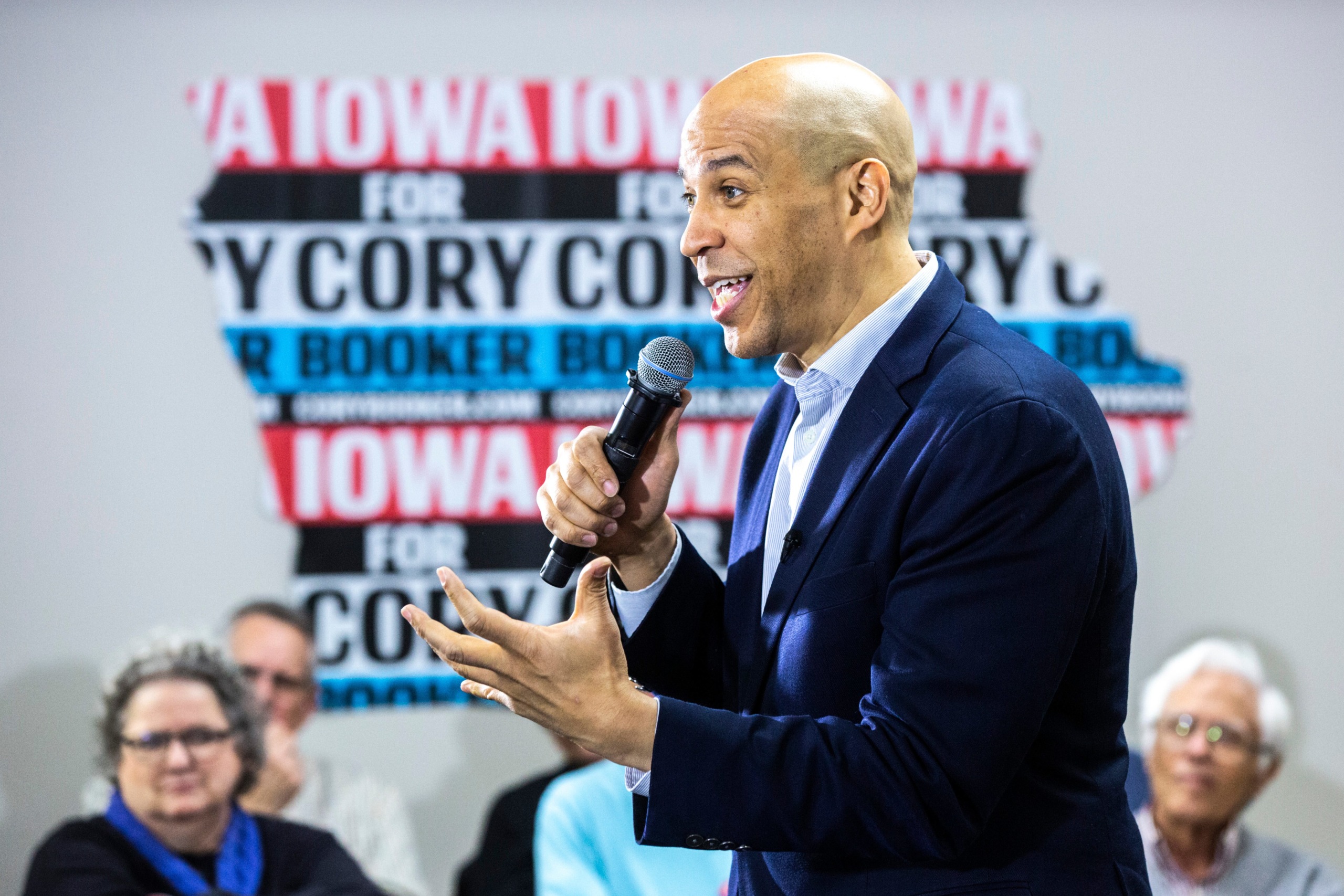During a session at the NCAA Convention, the governing body’s Chief Legal Officer Donald Remy discussed potential reforms with members of Congress.
Democratic Sens. Cory Booker (N.J.) and Richard Blumenthal (Conn.) ripped into the NCAA’s lack of name, image, and likeness legislation and other reforms, while Rep. Anthony Gonzalez (R-Ohio) took a more measured approach.
All three NCAA-athletes-turned-politicians, however, stressed bipartisan support for helping college athletes profit off NIL.
New Administration’s NIL Opinion
According to Gonzalez, the Biden administration is aware of pending NIL legislation, but President-elect Biden “doesn’t have a particularly strong opinion one way or the other” about how far an NIL bill should go. He added that he’d met with the administration last month to discuss his proposed bill.
He did echo the skepticism voiced by politicians on both sides of the aisle that the NCAA would actually make NIL reforms.
The Student Athlete Level Playing Field Act, a bipartisan bill introduced by Gonzalez and Rep. Emanuel Cleaver (D-Mo.), creates a framework for athletes to profit off their NIL rights by:
- Designating the Federal Trade Commission to oversee NIL deals
- Creating a congressional committee to provide recommendations to improve the bill’s rollout
- Prohibiting athletes from becoming university employees
“How do we extend student-athlete rights as far as we can without jeopardizing the system overall?” Gonzalez said of the balance he looked to strike.
The College Athlete Bill of Rights, proposed by Booker and Blumenthal, looks to address what Booker called “system-wide failures.”
“When you say things to me like, ‘Hey, we’ve made progress’ — for folks experiencing injustice, that’s not satisfactory,” he said of the NCAA’s previous reforms.
In addition to NIL rights, the bill would allow athletes to:
- Participate in group licensing deals
- Take part in some programs’ revenue-sharing
- Receive enhanced medical and educational opportunities
However, the senators clarified that their bill doesn’t require athletes to be university employees, which appeared to please Remy.







![[Subscription Customers Only] Jun 15, 2025; Seattle, Washington, USA; Botafogo owner John Textor inside the stadium before the match during a group stage match of the 2025 FIFA Club World Cup at Lumen Field.](https://frontofficesports.com/wp-content/uploads/2026/02/USATSI_26465842_168416386_lowres-scaled.jpg?quality=100&w=1024)
![[Subscription Customers Only] Jul 13, 2025; East Rutherford, New Jersey, USA; Chelsea FC midfielder Cole Palmer (10) celebrates winning the final of the 2025 FIFA Club World Cup at MetLife Stadium](https://frontofficesports.com/wp-content/uploads/2026/02/USATSI_26636703-scaled-e1770932227605.jpg?quality=100&w=1024)








